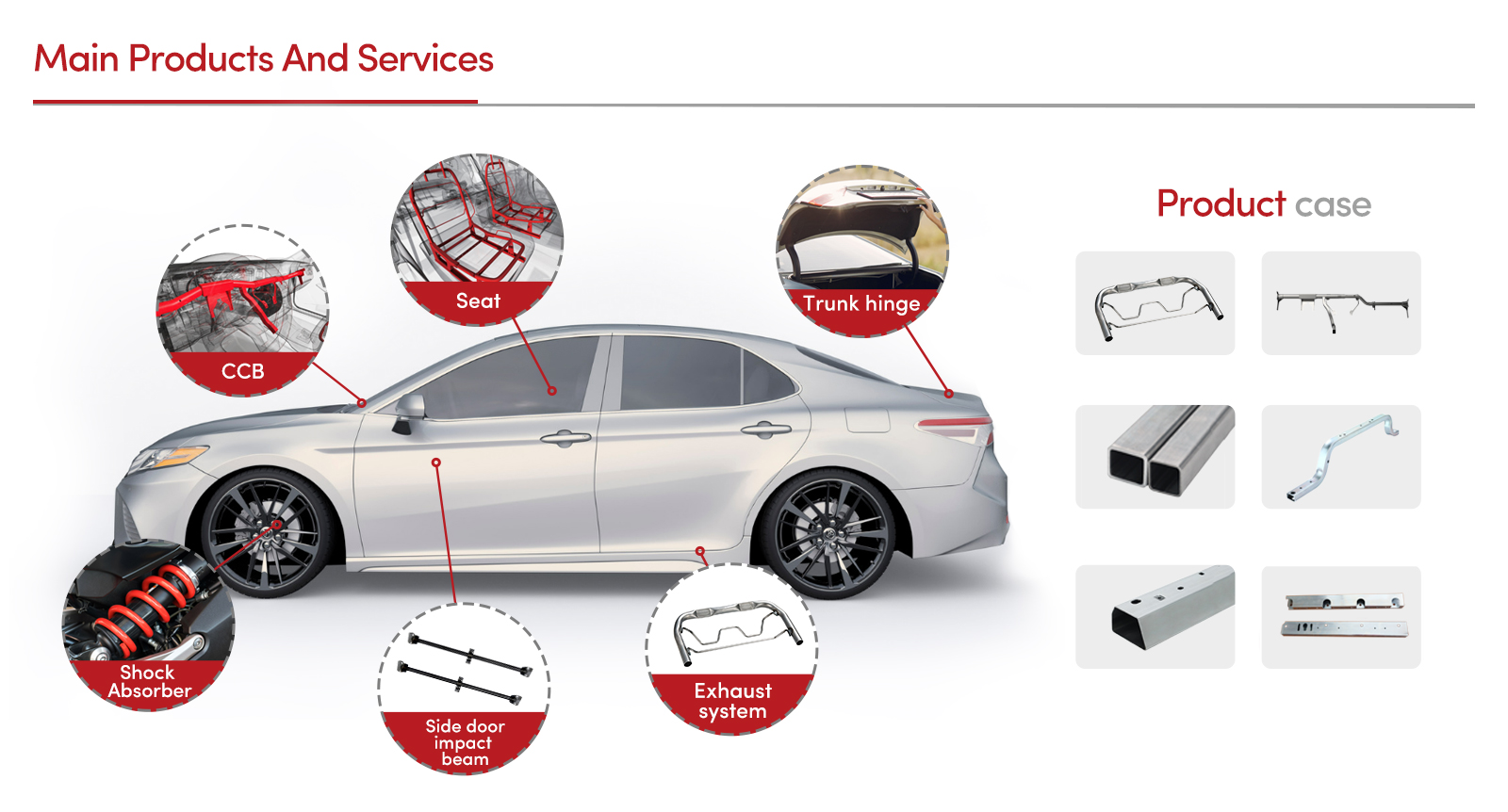

The Importance of Automotive Electrical Parts in Modern Vehicles
In today’s automotive landscape, the significance of electrical components cannot be overstated. As vehicles transition from traditional mechanical systems to advanced technological systems, automotive electrical parts play a crucial role in ensuring both performance and safety. This article explores the various types of electrical components found in modern vehicles, their functions, and the impact they have on the driving experience.
Various Types of Automotive Electrical Parts
Automotive electrical parts encompass a broad range of components, each serving a specific function within a vehicle. Some of the most essential electrical components include
1. Batteries The battery is the heart of the automotive electrical system. It stores electrical energy and supplies power to start the engine and operate various accessories like lights, radio, and navigation systems. Modern vehicles often use advanced lead-acid batteries or lithium-ion batteries, particularly in hybrid and electric vehicles, offering improved energy efficiency and longevity.
2. Alternators Once the engine is running, the alternator takes over, converting mechanical energy into electrical energy. It allows the battery to recharge and powers the vehicle's electrical systems while the engine is running, ensuring a continuous supply of electricity.
3. Starter Motors The starter motor is responsible for initiating the engine's operation. When the ignition is turned on, the starter motor engages the engine's flywheel, facilitating the combustion process necessary for the engine to start.
4. Fuses and Relays Fuses protect electrical circuits from overloads, while relays enable control of high-power circuits through lower-power switches. These components are critical for the reliable and safe operation of a vehicle's electrical systems.
5. Sensors Modern vehicles come equipped with numerous sensors, including temperature sensors, oxygen sensors, and pressure sensors, that monitor various parameters and relay information to the vehicle's onboard computer. This data helps optimize performance, enhance fuel efficiency, and ensure safety.

6. Vehicle Control Modules (VCMs) These are the brain of modern vehicles, processing data from various sensors and managing systems such as engine control, transmission control, and sometimes even infotainment systems. The efficiency and effectiveness of these modules significantly impact overall vehicle performance.
The Impact on Performance and Safety
The integration of sophisticated electrical parts has revolutionized vehicle performance and safety. Advanced Driver-Assistance Systems (ADAS), which include features such as lane departure warnings, adaptive cruise control, and automatic emergency braking, are made possible through intricate electrical systems and sensors. These technologies not only enhance the driving experience but also significantly reduce the likelihood of accidents.
Moreover, the shift towards electric and hybrid vehicles emphasizes the importance of automotive electrical components. Electric vehicles rely heavily on high-capacity batteries, electric motors, and regenerative braking systems, showcasing the critical role of electrical engineering in the automotive industry.
Future Trends
As technology continues to advance, the demand for innovative electrical components will only increase. The rise of smart vehicles that can communicate with each other and the surrounding infrastructure showcases a future where automotive electrical systems will play an even more vital role. Companies are investing heavily in research and development to create more efficient batteries, better sensors, and advanced control modules.
Additionally, with the growing focus on sustainability and reducing carbon footprints, the automotive industry is evolving to incorporate more electric vehicles. This transformation further underscores the necessity for robust and reliable automotive electrical parts.
Conclusion
Automotive electrical parts are fundamental to the functionality, safety, and efficiency of modern vehicles. As the industry evolves, these components will continue to drive advancements in technology, ensuring that vehicles not only meet but exceed the demands of consumers and regulatory standards. Understanding the importance of these parts is essential for anyone involved in the automotive field, from manufacturers to consumers, as we navigate this electrifying future.